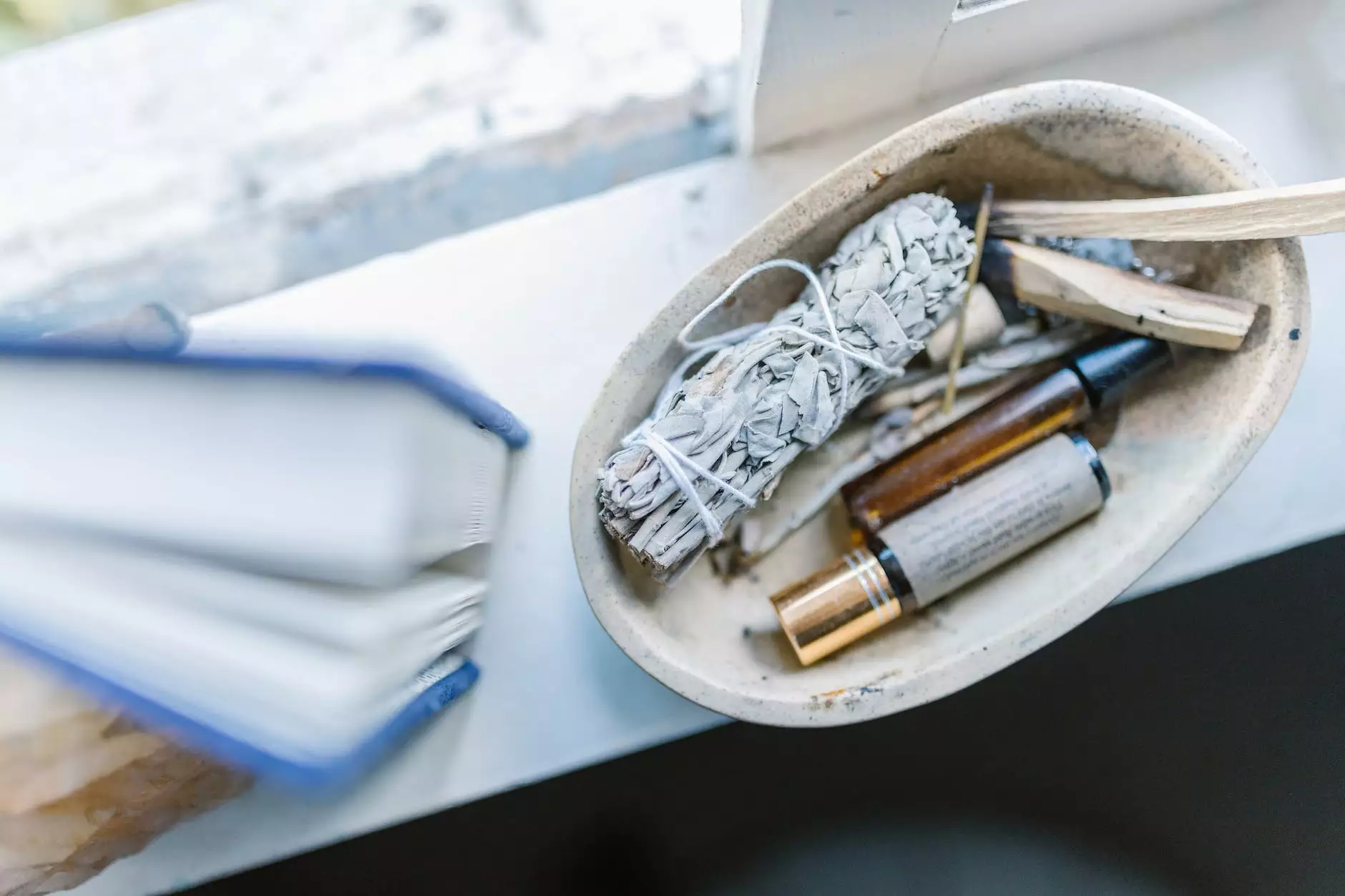How to **Buy Residential Permits**: Your Comprehensive Guide

In the world of real estate and property development, buying residential permits is a critical step for anyone looking to construct or renovate homes. This guide aims to provide you with all the necessary information regarding the process of obtaining these essential permits. Whether you're a seasoned developer or a first-time homeowner, understanding residential permits is vital for a successful project.
What Are Residential Permits?
Residential permits are official approvals issued by local government authorities that allow property owners to undertake construction or renovation projects on their properties. These permits ensure that all building and safety codes are complied with, protecting both the homeowner and the surrounding community.
Why Do You Need Residential Permits?
Obtaining a residential permit is not merely a bureaucratic formality; it plays a crucial role in ensuring that your construction project meets legal and safety standards. Here are several reasons why buying residential permits is essential:
- Legal Compliance: Building without a permit can lead to legal complications, fines, and even the demolition of unauthorized structures.
- Safety Assurance: Permits ensure that construction meets local safety codes, protecting future occupants from hazards.
- Resale Value: A property built or renovated with the proper permits is more attractive to potential buyers, increasing its market value.
- Insurance Coverage: Insurance companies may not cover damages from unpermitted work, making it essential to comply with regulations.
Steps to Buy Residential Permits
The process of buying residential permits can vary from one municipality to another, but generally, it follows a series of systematic steps:
1. Understand Local Regulations
Before you start your project, it's vital to familiarize yourself with local building codes and zoning laws. Each city or county has specific guidelines about what is permissible in residential areas. It's advisable to check the local zoning laws relevant to your project.
2. Prepare Your Project Plans
Having detailed plans for your project is crucial when applying for residential permits. Your plans should include:
- Site plans
- Construction drawings
- Specifications for materials and construction methods
- Environmental assessments, if necessary
3. Submit Your Application
Once your plans are ready, you can submit your application to the local building department. This step may also include:
- Filling out necessary forms
- Paying application fees
- Providing any additional documentation as required
4. Attend Required Hearings
In some cases, particularly if your project is large or affects neighbors, you may need to attend public hearings. This is an opportunity for local residents to voice their opinions on your project. Be prepared to answer questions and clarify details about your plans.
5. Wait for Review and Approval
After you submit your application, the local building department will review the documents to ensure they meet all code requirements. The review period can vary significantly among jurisdictions.
6. Obtain Your Permit
Once your application is approved, you will receive your residential permit, allowing you to start your construction project legally. Make sure to keep this document accessible during the entire construction process.
Common Challenges When Buying Residential Permits
The process of buying residential permits can come with its challenges. Here are some common obstacles applicants might face:
- Incomplete Applications: Ensure that all documentation is complete and accurate to avoid delays.
- Non-Compliance with Codes: If your project does not meet building codes, it can lead to rejection of your application.
- Public Objections: Neighbors may object to your plans, especially if the project alters the character of the neighborhood.
Tips for a Smooth Permit Application Process
To ensure a successful and efficient process in buying residential permits, consider these expert tips:
- Consult Local Officials: Engage with local building officials early in the process to clarify requirements.
- Hire a Professional: Consider working with a licensed contractor or architect who is familiar with local regulations.
- Be Transparent: Clearly explain your project and intentions to avoid misunderstandings.
Conclusion
In summary, buying residential permits is a fundamental aspect of property development that should not be overlooked. They not only protect your investment but also ensure the safety and legality of your project. By following the steps outlined in this guide and adhering to local regulations, homeowners and developers can navigate the permitting process more effortlessly.
For further assistance or to explore your options for acquiring residential permits, feel free to visit myglobaldocument.com. Our experts are here to help you through every step of the way.
buy residential permits








